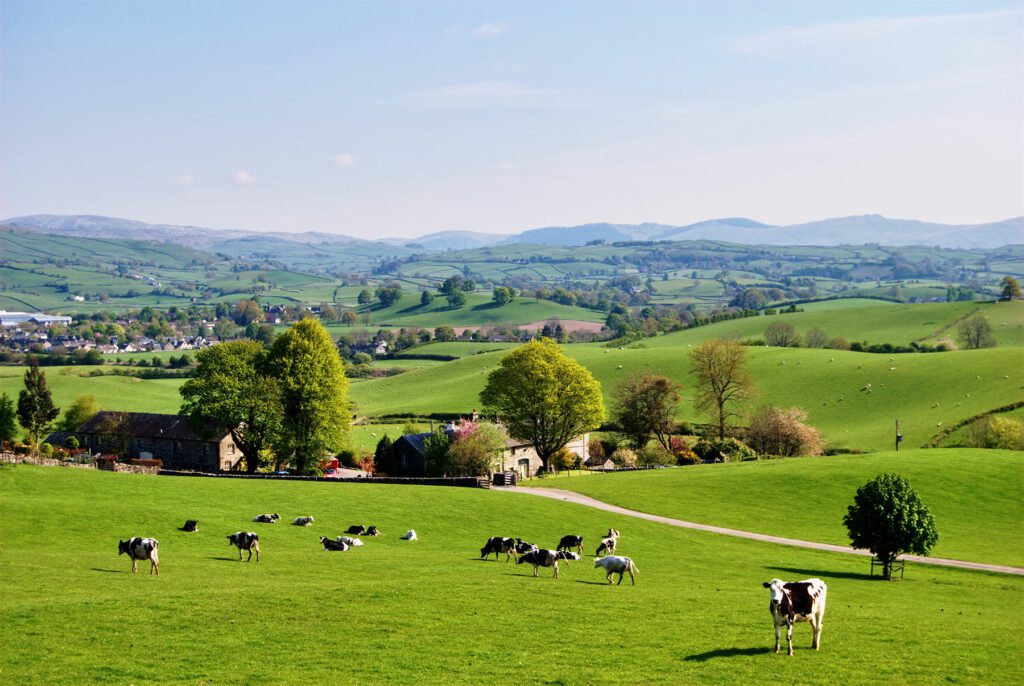Author
In October 2022, the Tenancy Working Group (chaired by Baroness Kate Rock) published the Rock Review (Review) which highlighted various concerns in the tenant farming sector and made recommendations for DEFRA to address these (see Tenant farming and the Rock Review 2022).
In May 2023, DEFRA published its response to the Review. In The Rock Review: The government’s response, we considered how far DEFRA had gone in taking up some of the Review’s suggestions including taking any steps to support tenant farmers.
DEFRA has now explained how its commitment to supporting tenant farmers is being actioned. It states that it intends to lower barriers that have previously prevented tenant farmers from accessing environmental schemes and is designing the Sustainable Farming Incentive (SFI) with tenant farmers in mind.
Support for tenant farmers
The SFI is currently uncapped for tenants, meaning there is no limit to how much of a holding can be entered into an SFI agreement for certain actions. In addition, DEFRA has designed the SFI rules so that tenants who expect to have management control of a holding for three years can apply for the scheme and access financial assistance. As many FBTs are either on a two year fixed term or are on a rolling year-by-year basis, this will widen access for tenants who would not previously have been eligible to enter such schemes.
However, a question remains over whether DEFRA will require tenants to show a landlord’s intention to renew the tenancy for the whole three-year period, or whether they will allow tenants to assume that rolling tenancies will continue for at least three years. Current guidance on applying for SFI suggests only that tenants should speak to their landlord if they are unsure whether they will be in management control for the next three years.
DEFRA will no longer penalise tenants if they have to exit a scheme early due to their tenancy ending unexpectedly. Nonetheless, issues may arise upon the termination of a scheme partway through its term with the outgoing tenant standing to lose the entirety of that year’s payments for any land removed from the scheme (see SFI: The pitfalls of a farm changeover).
The requirement for tenants to be able to say with some certainty that they will have a tenancy for three years poses an interesting dichotomy as, whilst DEFRA are encouraging tenant participation, the introduction of longer-term schemes, more on a landscape scale, has encouraged landlords to consider the management of their estates in a new light. There is evidence that a growing number of landlords are taking land back in hand to allow themselves the maximum opportunity to make the most of these longer-term and wider area schemes.
Collaboration between landlords and tenants
Whilst it is clear that, for SFI at least, DEFRA wants tenants to have the autonomy to make applications, the larger, landscape scale schemes will require more collaboration between landlord and tenant for the application to be successful.
The challenge for DEFRA is finding a way forward that encourages collaboration between landlord and tenant, whilst also looking at the bigger picture, and the benefits for a wider landscape beyond a single tenanted area.
DEFRA has previously legislated in England to allow Agricultural Holdings Act 1986 tenants to override tenancy restrictions which prevent them from claiming “financial assistance” under the Agriculture Act 2020 (i.e. SFI and ELMS). Whilst this does not yet apply to FBT tenants, DEFRA has warned landlords that if they continue to try to exercise control then this legislation will be rolled out for FBTs as well.
Where previous generations of landlords were accustomed to exercising control over their tenants, in this new natural capital era, landlords must look to include more collaborative clauses in their tenancy agreements.
Our recent article FBTs: The natural capital conundrum provides further insight into drafting for this ‘middle ground’.
Code of Practice
In response to the Review, a draft Agricultural Landlord and Tenant Code of Practice for England (Code) on socially responsible behaviour for landlords, occupiers, and agents has been prepared by a group of representatives of key stakeholders in the sector.
A central aspect of the draft Code is collaboration between landlords and tenants, particularly in relation to their approach to new opportunities, schemes and grants.
The Code makes it clear that this can be facilitated through careful drafting of tenancy agreements. The consultation on the Code closed on 29 February 2024.
DEFRA’s approach to SFI and the fact it currently remains uncapped is encouraging for tenants. However, the need to protect the environment must be balanced against the need for food security and sustainable production.
Recent comments from the Farming Minister, Mark Spencer, suggest that this balance will continue to be considered and amended to prevent whole estates being diverted for environmental schemes (either in collaboration with the tenant or by the estate alone).

